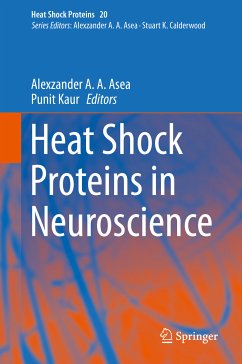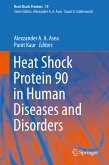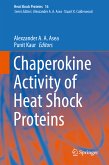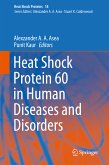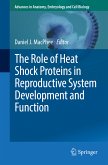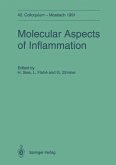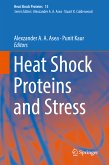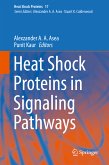The book Heat Shock Proteins in Neuroscience provides the most comprehensive review on contemporary knowledge on the role of HSP in signaling pathways relevant to a number of diseases. Using an integrative approach, the contributors provide a synopsis of novel mechanisms, signal transduction pathways. To enhance the ease of reading and comprehension, this book has been subdivided into various section including; Section I, reviews current progress on our understanding of Neurological Aspects of HSP; Section II, focuses on Aspects of HSP in Neurodegenerative Diseases and Disorders, Section III, emphasizes the importance of HSP in Multiple Sclerosis; Section IV, reviews critical Aspects of HSP in Alzheimer's Disease and Section V, gives a comprehensive update of the Development of HSP-Based Therapies for Neurological Disorders.
Key basic and clinical research laboratories from major universities, academic medical hospitals, biotechnology and pharmaceutical laboratories around the world have contributed chapters that review present research activity and importantly project the field into the future. The book is a must read for starters and professionals in the fields of Neurology and Neurosciences, Translational Medicine, Clinical Research, Human Physiology, Biotechnology, Cell & Molecular Medicine, Pharmaceutical Scientists and Researchers involved in Drug Discovery.
Dieser Download kann aus rechtlichen Gründen nur mit Rechnungsadresse in A, B, BG, CY, CZ, D, DK, EW, E, FIN, F, GR, HR, H, IRL, I, LT, L, LR, M, NL, PL, P, R, S, SLO, SK ausgeliefert werden.
Hinweis: Dieser Artikel kann nur an eine deutsche Lieferadresse ausgeliefert werden.

